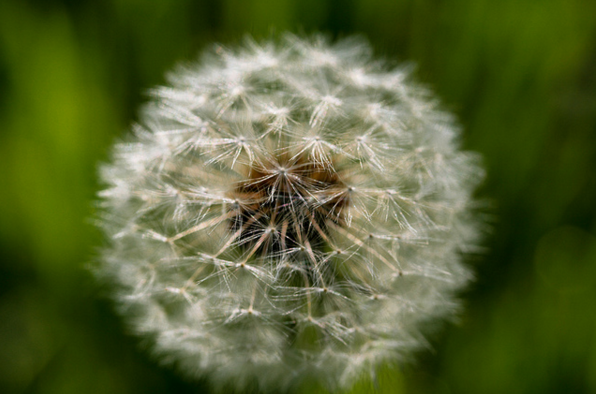
MANILA – Allergists from the Philippine Society of Allergy, Asthma and Immunology Inc. (PSAAI) created awareness on Friday about allergies in line with the celebration of “World Allergy Week” (WAW) from April 4 to 10 with the theme “Pollen Allergies – Adapting to a Changing Climate.”
In a forum held at Annabel’s Restaurant in Quezon City which PSAAI organized and attended by media practitioners and other health advocates, they provided information about allergies, the preventive tips and management so that patient’s quality of life may be improved and prevent any harmful or adverse reactions from wrong practices.
The World Allergy Week is an annual initiative of the World Allergy Organization (WAO) with 97 medical society members, including the Philippines through the PSAAI.
“It (WAW) was established to raise awareness of allergic disease and related disorders and advocate for the provision of training and resources in the diagnosis, management and prevention of these diseases and asthma, which are rising in prevalence around the world,” said Dr. Maria Carmela A. Kasala, president of PSAAI.
PSAAI is a group of allergists, doctors or specialists in treating of allergy disease. It started with only 11 members in 1972, when it was founded.
At present, it has more than 100 members in the different parts of the country. They also join in the conduct of annual activities through the years such as tree planting to counter at the same time the adverse effects of global warming as they celebrate WAO in conjunction with Earth Day celebration every April 22.
Dr. Kasala said they have initiated the forum so that they could raise awareness on allergies and other related diseases, including asthma, among the people.
As a tip, Kasala said it is important that people will know if they have an allergy and what is causing it.
“If you have been diagnosed to have food allergy, the best management will be avoidance of the food allergen,” she added.
She also said that they discourage self-medications and the best way really to do is to seek consultation for proper advice because medications for the management of allergies should be given only as prescribed by physicians and also to ensure that they know what medication to take should a reaction occur.
To give further enlightenment on the topic, the PSAAI president was also joined in the forum by young and competent allergists, all coming from the organization.
Dr. Venjilyn S. Villaver explained about diagnostic tests that can be done in identifying if the allergic reactions are due to food or inhalant allergens through allergy skin prick test and measurement of allergen which can be availed of by consulting the “allergists” listed and can be seen by visiting their site (psaai.org)
Dr. Villaver also discussed about the symptoms or manifestations of allergies and what causes or triggers them.
Villaver said that allergies can be seen when the skin suffers itchiness, flushing, hives, swelling and appearance of eczema.
She also said that other symptoms could be respiratory — runny nose, sneezing, nasal congestion, itchy throat, post-natal drip, difficulty of breathing; gastro-intestinal — nausea, vomiting, abdominal pain, diarrhea; vascular — dizziness, hypotension, heart irregularities, shock; and red, itchy and watery eyes, ear discomfort.
She also mentioned the triggers or allergens that produce a clinical allergic reaction. Among them are dust mites, animal allergens, pollen, molds, cockroaches, insect sting, latex, drugs and other common foods associated with food allergy to susceptible individuals.
“And the most common foods that cause allergic reactions in children are house meat, eggs, peanut, meat and soy,” Dr. Villaver added.
For adults, she said shell fish, peanuts, tree nuts and fish are the ones that cause food allergic reactions to some susceptible.
Meanwhile, Dr. Regina Capulong, head of Food Allergy Council of PSAAI, explained the difference between food allergy and food intolerance.
Dr. Capulong also warned that symptoms of food allergy maybe mild but may also be life-threatening such as occurrence of anaphylaxis.
Dr. Frances Tan, head of Pollution Council of PSAAI, discussed the effects of climate change wherein there is an increase in carbon dioxide leading to allergenicity of pollens, fungi and molds.
In her presentation, she said that due to large amounts of carbon dioxide that are produced in the air, more plants produce pollens which will lead to longer production of pollen, therefore the allergenicity of the pollens produce ia affected.
Dr. Tan added that said air pollutants in effect induce asthma attacks or allergic rhinitis symptoms.
“Those with pollen allergy may have more symptoms of asthma and respiratory allergic rhinitis. Mas madalas silang sumpungin because of the exposure to the pollens,” Tan said.
She further said that increase in temperature will also affect other factors such as humidity, sunlight and wind which can increase duration of earlier pollination season and more pronounced in urban areas.
One comment on “Allergists create awareness on ‘World Allergy Week’”
Comments are closed.